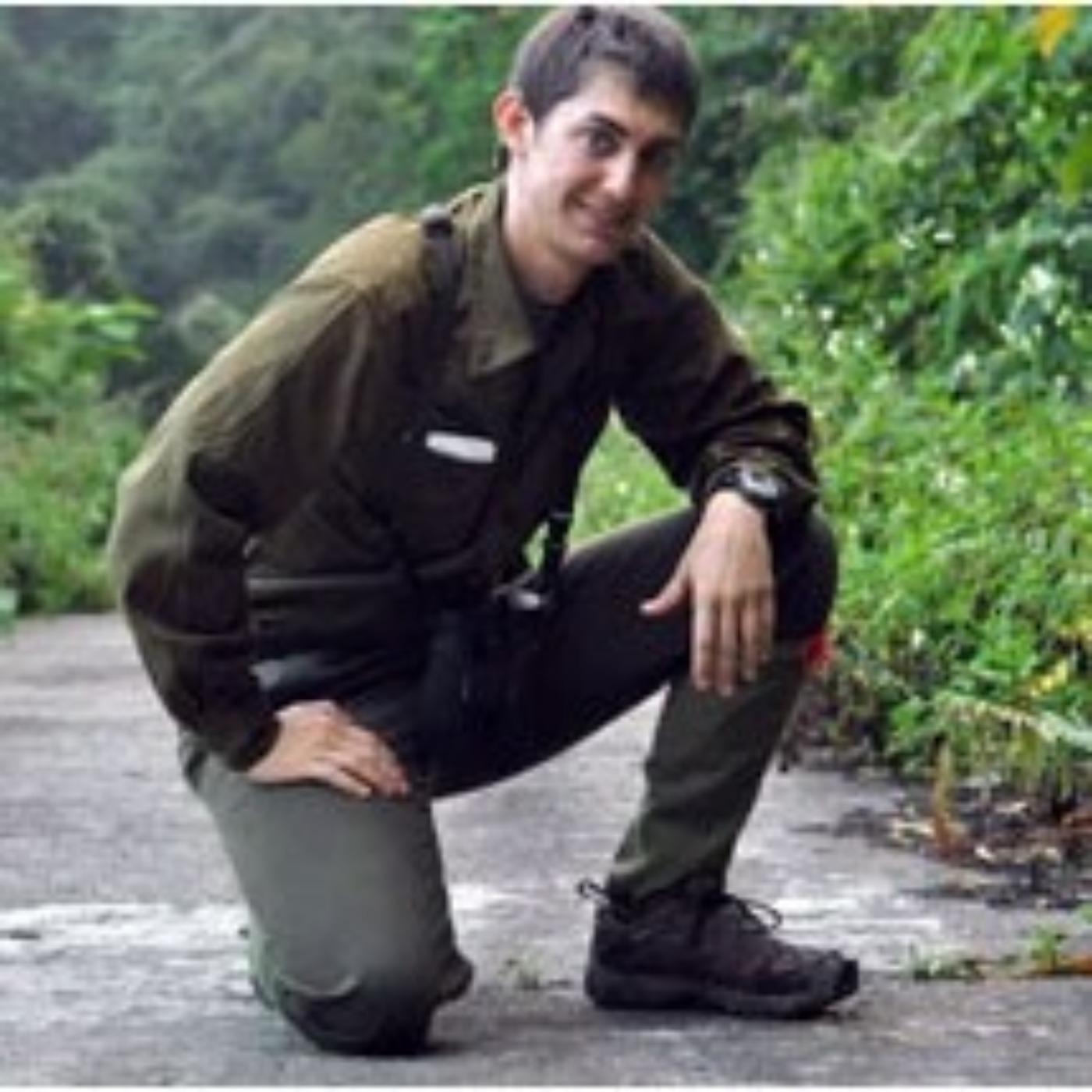- Health
- SEE MORE
- classical
- general
- talk
- News
- Family
- Bürgerfunk
- pop
- Islam
- soul
- jazz
- Comedy
- humor
- wissenschaft
- opera
- baroque
- gesellschaft
- theater
- Local
- alternative
- electro
- rock
- rap
- lifestyle
- Music
- como
- RNE
- ballads
- greek
- Buddhism
- deportes
- christian
- Technology
- piano
- djs
- Dance
- dutch
- flamenco
- social
- hope
- christian rock
- academia
- afrique
- Business
- musique
- ελληνική-μουσική
- religion
- World radio
- Zarzuela
- travel
- World
- NFL
- media
- Art
- public
- Sports
- Gospel
- st.
- baptist
- Leisure
- Kids & Family
- musical
- club
- Culture
- Health & Fitness
- True Crime
- Fiction
- children
- Society & Culture
- TV & Film
- gold
- kunst
- música
- gay
- Natural
- a
- francais
- bach
- economics
- kultur
- evangelical
- tech
- Opinion
- Government
- gaming
- College
- technik
- History
- Jesus
- radio
- movies
- services
- Church
- podcast
- Education
- international
- Transportation
- Other
- kids
- podcasts
- philadelphia
- Noticias
- love
- sport
- Salud
- film
- and
- 4chan
- Disco
- Stories
- fashion
- Arts
- interviews
- hardstyle
- entertainment
- humour
- medieval
- literature
- alma
- Cultura
- video
- TV
- Science
- en
Developing a Deeper Understanding of Host-Microbiome InteractionsDr. Jonathan ClaytonAssistant Professor, University of Nebraska

b'
In recent years, understanding the role of the\\xa0human microbiome\\xa0in health and disease states and how it changes over time has become an area of increasing interest in\\xa0biomedical research. Dr. Jonathan Clayton, better known as \\u201cThe Monkey Doc,\\u201d has conducted research using\\xa0non-human primates\\xa0as a model system for studying the effects of immigration and lifestyle disruption on the human gut microbiome. Specifically, he looked at how the microbiome of wild non-human primates differs from the microbiome of captive primates, and found that once in captivity, the gut microbiome of non-human primates changes relatively rapidly, resulting in a microbiome that\\u2019s surprisingly similar to the human gut microbiome. But just how rapidly does this change occur? What does it mean in terms of health? These are just a couple of the questions which remain as potential directions for future research.
On today\\u2019s episode, Dr. Clayton discusses a number of fascinating topics, including the focus of his current research, which is on trying to elucidate the impact of diet on the microbiome, and the relationship between the gut microbiome and stress.
Press play to learn about the details of all this and more, including:
- How to define dysbiosis and diversity in terms of microbiota
- What types of challenges are inherent in these areas of research
- Which direction Dr. Clayton\\u2019s future research is headed